That Israel Horovitz’s My Old Lady works as well as it does is a testament to its leads, Maggie Smith, Kristin Scott Thomas and — to a much, much lesser degree — Kevin Kline, not to mention a few surprisingly dark turns the movie itself takes. The film just innately has a cadre of simple, foundational issues stemming from the script, Horovitz’s glossless direction and his inability to find a consistent tone, all factors that make the movie frustrating to watch. This is unfortunate, since occasionally Horovitz and company get things very right. But for every impressive moment in My Old Lady, the movie reverts to something frustratingly off, immediately damaging the film to the point of distraction.
Kline plays Mathias, who is a failed author and recovering alcoholic without a penny to his name until his father dies and leaves him a Parisian apartment. So Mathias heads to Paris with the idea of flipping the apartment and starting his life over with the money. The catch is, however, that he arrives to find a 92-year-old woman named Mathilde (Smith) living there. It turns out that Mathilde is a viager, which occurs due to a quirk in French real estate. The gist is that Mathilde originally sold the apartment to Mathias’ father, with the stipulation that he’d give her a monthly stipend until her end of days, meaning Mathias inherited both the apartment and his father’s responsibility to Mathilde.
This quickly turns into a low-key farce, with the generally unlikable, curmudgeonly and miserable Mathias trying to figure out how to sell the apartment, while dealing with Mathilde and her daughter Chloe (Thomas), who is very adamant about keeping him away. It’s not hard to see from the opening scenes that this is headed to Mathias dealing with his past, his daddy issues and eventually becoming a more enlightened man. And My Old Lady does, eventually, get there. It just goes to much darker places than one might expect, especially considering its more comedic angles.
In many ways, going as far as My Old Lady does — dealing with heavy themes like suicide and the legacy of adultery — is impressive, but the film just shifts in and out of them, never settling on a proper tone, while chunks of the film (like the contrived romantic subplot) feel off base. The entire film’s disjointed because of this, and also rushed, since there are never any real attempts to make the audience genuinely feel for the characters, while the arcs of their relationships feel false. You’re just supposed to care because the script says so, something that feels the fault of Horovitz’s very stagebound direction (he also wrote the play the film’s based on) where, instead of showing things with the power of film’s possibilities, he just has his characters end up bogged down in monologues. There’s a lack of creative verve here, and, like I mentioned earlier, Smith and Scott pull the film up to a level which Horovitz’s direction doesn’t deserve. Kline, on the other hand, doesn’t quite hold up his end of the bargain. He’s occasionally very good, but only in quick flashes. He’s not as funny as he thinks he is (of course, he’s never been), and the kind of emotional gymnastics he’s asked to do are far outside of his range and verge on the unintentionally laughable. There’s no creation of sympathy, a pity for a movie that might work if it was there. Rated PG-13 for thematic material and some sexual references.



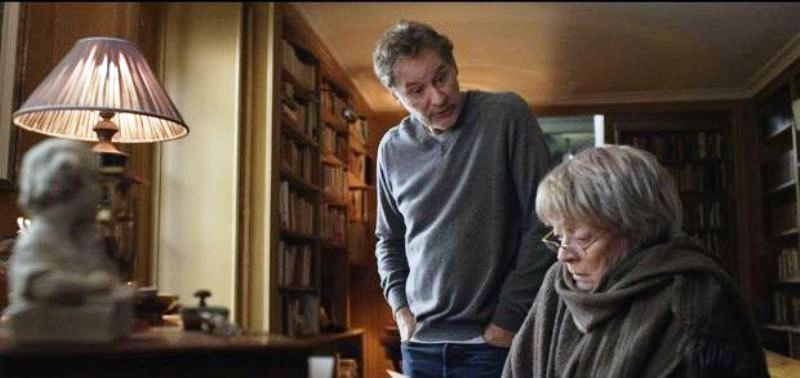
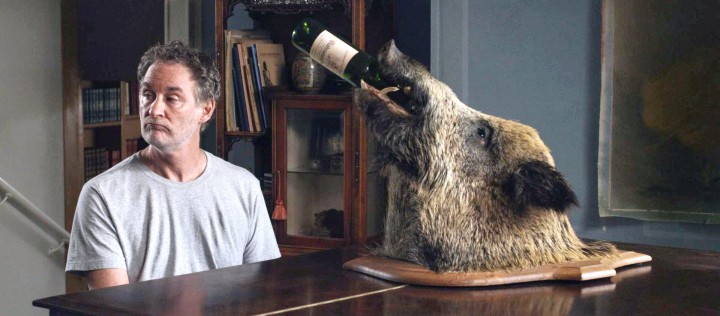
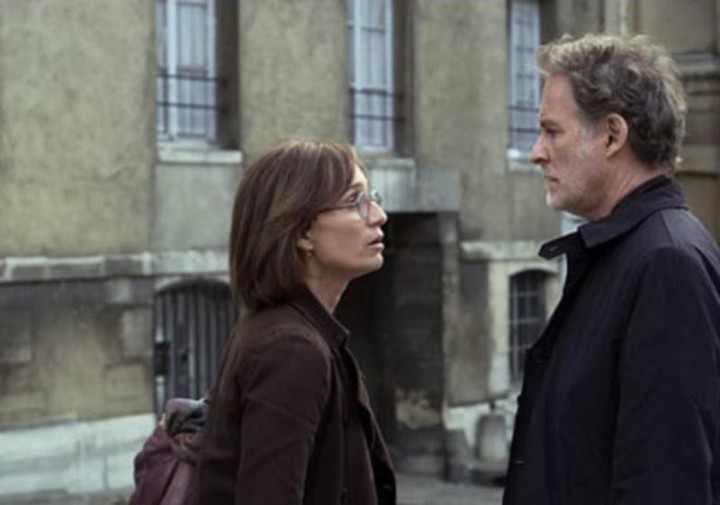
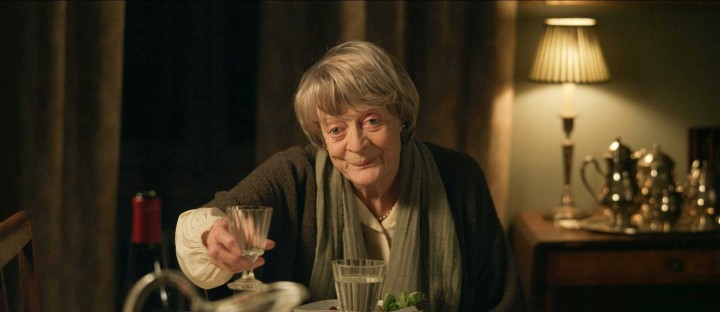
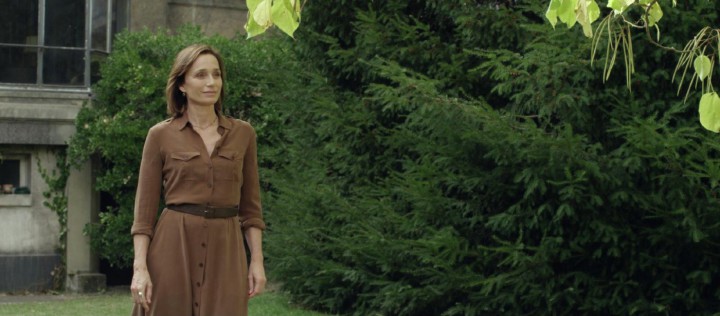
Before you comment
The comments section is here to provide a platform for civil dialogue on the issues we face together as a local community. Xpress is committed to offering this platform for all voices, but when the tone of the discussion gets nasty or strays off topic, we believe many people choose not to participate. Xpress editors are determined to moderate comments to ensure a constructive interchange is maintained. All comments judged not to be in keeping with the spirit of civil discourse will be removed and repeat violators will be banned. See here for our terms of service. Thank you for being part of this effort to promote respectful discussion.